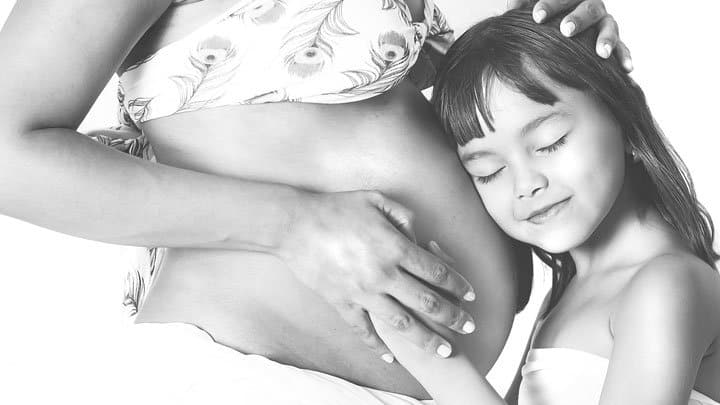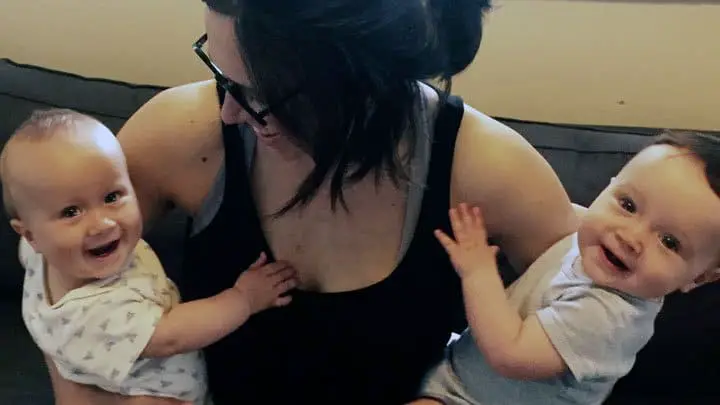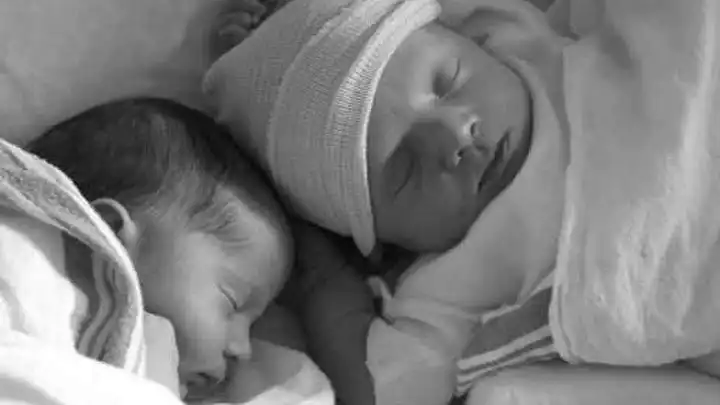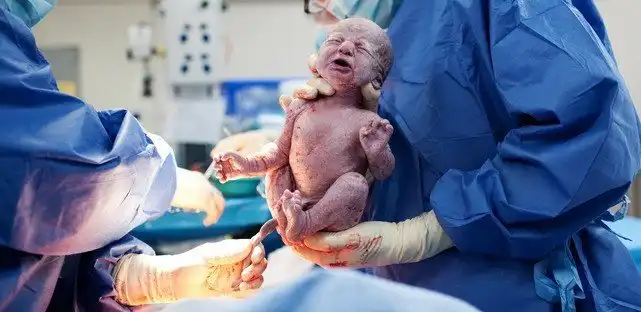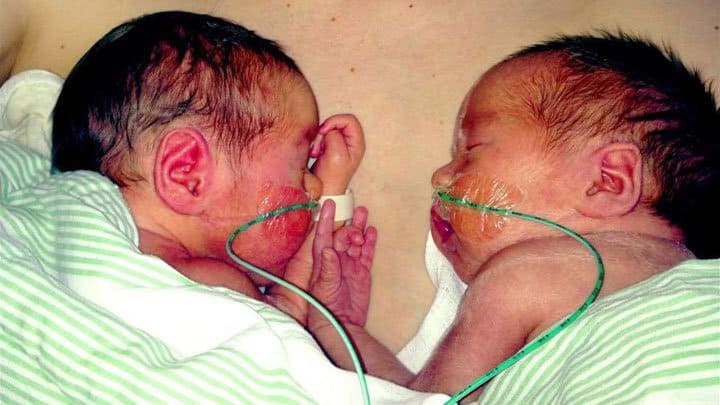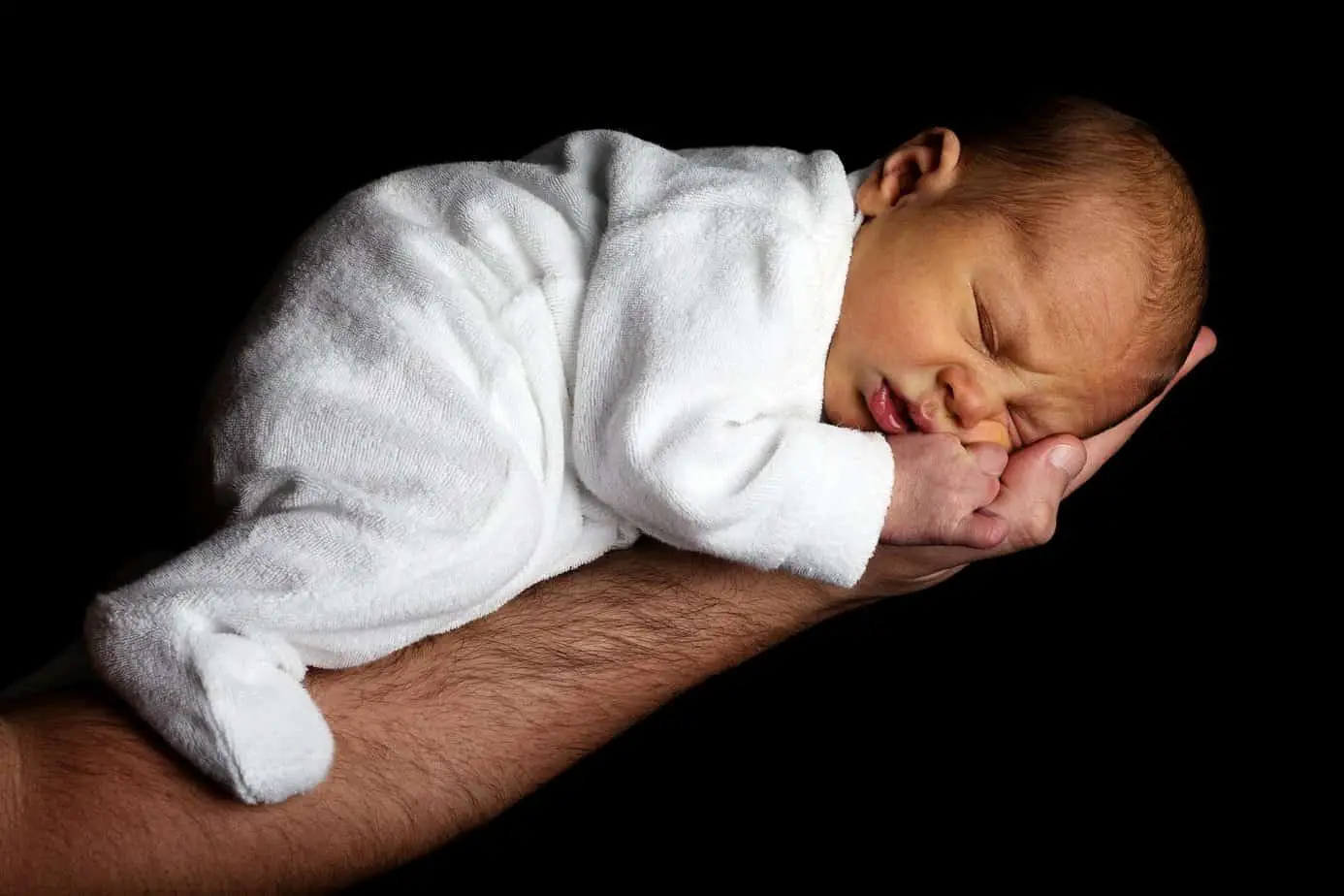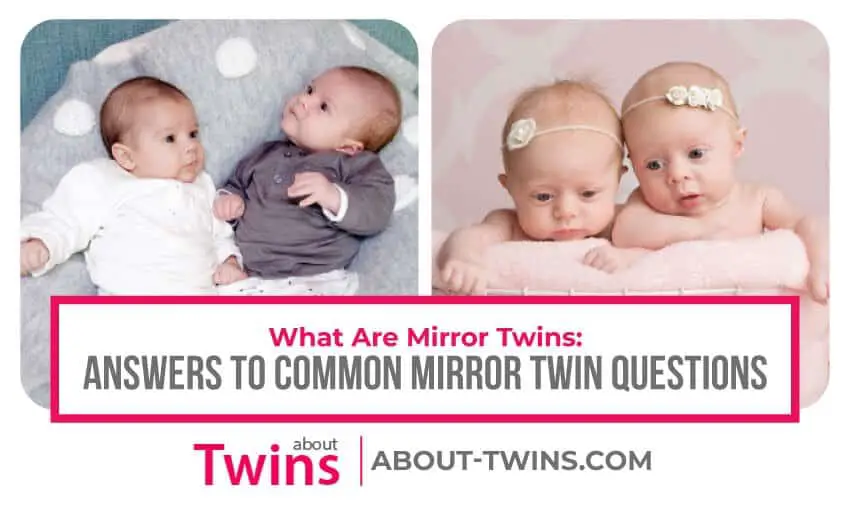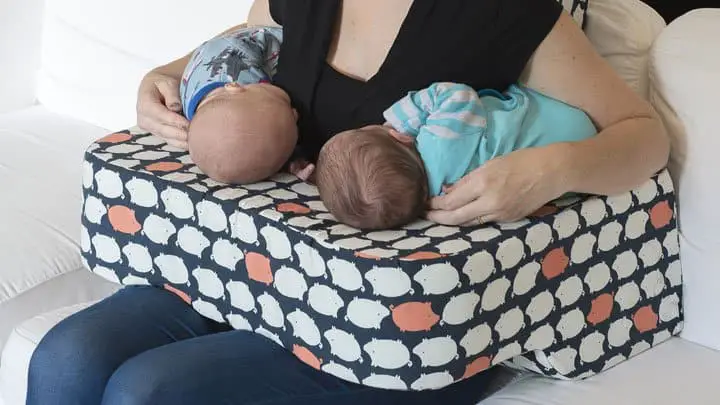New Study Explores Hypertensive Disorders & Twins
A new study from the U.S. explores advanced maternal age, number of babies, and the risk of getting diagnosed with hypertensive disorders during pregnancy. The study was published in the American Journal of Perinatology. The study was a secondary analysis of a large study with detailed information on women with a prior uterine scar due to previous c-section. For the secondary analysis, the researchers included women with singleton, twin, and triplet pregnancies. They excluded women with quadruplet pregnancies and those with missing data. Of the 70,441 women included in the original study, 70,417 were identified as meeting the inclusion criteria for the secondary analysis.
Divided into groups based on age and number of babies
12 percent of the women in the study developed hypertensive disorders, including gestational hypertension, preeclampsia, eclampsia, or HELLP syndrome. The secondary analysis divided women into groups based on fetal number and age. Age categories included age below 35 years listed as “young maternal age,” and age 35 years and above listed as “advanced maternal age.” 35 to 40 years of age were listed as “young advanced maternal age” and above 40 was “very advanced maternal age.” The frequency of hypertensive disorders in the groups were:
- 11% in young maternal age singletons
- 12% in advanced maternal age singletons
- 18% in young maternal age twins
- 21% in advanced maternal age twins
- 23% in young maternal age triplets,
- 23% in advanced maternal age triplets
Triplets didn’t significantly increase the risk
The study found that the increased risk in women of advanced maternal age was largely attributable to women what were 40 years of age and above. Furthermore, the study showed that the risk of hypertensive disorders in singleton and twin pregnancies with maternal age between 35 and 40 years was more similar to younger women than older women. Fetal number significantly increased the risk of hypertensive disorders and contributed more to the risk of hypertensive disorders than maternal age. While twin and triplet pregnancies increased the risk of hypertensive disorders over singletons irrespective of maternal age, triplet pregnancies did not increase the risk over twins.
There are conflicting study results regarding maternal age and the risk of hypertensive disorders in pregnancy. A large prospective cohort study from 2014 that controlled for known risk factors for hypertensive disorders found that maternal age above 40 years did not significantly affect risk and yet in 2015, a retrospective cohort study of women aged 45 years or greater who were pregnant for the first time, found that the risk was greater when compared with women aged 30 to 35 years. The study that are being referred to in this article didn’t include women who were pregnant for the first time.


